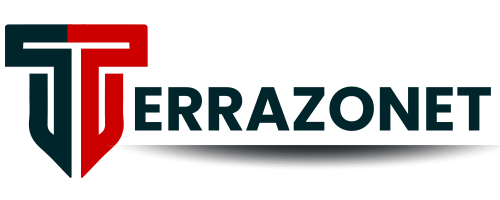Key Takeaways
- Location is critical: Choose neighborhoods with good schools, safety, amenities, and growth potential.
- Plan your budget: Factor in hidden costs like closing fees, inspections, and financing points.
- Understand financing options: Compare conventional, FHA, and local assistance programs for the best fit.
- House-hunting strategy: Prioritize non-negotiables, use online tools, and manage emotional decisions.
- Inspection matters: Identify repairs early to negotiate or avoid costly surprises.
- Offer wisely: Base bids on local comps and present a strong, pre-approved offer.
- Think long-term: View homeownership as an investment, building equity and value over time.
Becoming a first-time homebuyer is an exciting milestone, filled with important decisions that can shape your financial future. Every step deserves careful attention, from picking the perfect neighborhood to understanding the paperwork. Whether you’re searching in a bustling city or a quiet suburb, having guidance from Menlo Park CA real estate experts Harper Properties, Inc. can ensure you make choices right for your needs and budget.
What sets seasoned buyers apart is their understanding of the fine details—like analyzing market trends, budgeting for the unexpected, and developing negotiation strategies. Taking time to research, lean on local professionals, and consider long-term implications will help smooth what can often feel overwhelming. These are the practical tips and trusted resources to become a confident, informed homeowner.
Why Choosing the Right Location Matters
The location of your new home will influence your daily life, property appreciation, and future opportunities. Desirable neighborhoods typically offer easy access to transportation, reputable schools, safe streets, and convenient shopping or dining. Look at long-term indicators such as planned infrastructure improvements or new business developments. Researching school ratings, walkability, and local crime rates can save you regret later. Talking to neighbors and spending time in the area at different hours gives a true sense of the community’s vibe.
Budgeting and Preparing for the Hidden Costs
When buyers calculate their total home budget, they sometimes overlook hidden costs beyond the down payment. Closing costs, including lender fees, title insurance, and attorney charges, can add up to 2-5% of the purchase price. Expect to pay for an appraisal, home inspection, and initial financing points if lowering your interest rate. Requesting a loan estimate from your lender is critical to understanding fully what’s due at closing.
Smart Financing Options for New Buyers
Navigating loan options can be complex, so educate yourself on available programs. Conventional loans require a strong credit score and a higher down payment, but commonly offer lower interest rates. On the other hand, FHA loans are designed for buyers with smaller down payments and moderate credit. Many states and cities offer down payment assistance or special grants for first-time buyers, so check all resources—including local housing authorities.
Strategies for Finding the Perfect Home
The excitement of house hunting can lead to emotional decisions, so create a detailed priority list before starting your search. Write down your non-negotiables—like minimum number of bedrooms or a yard for pets—then separate “wish list” items that are flexible. Utilize online platforms that offer advanced filtering and scheduling tools to tour homes virtually or in person.
Understanding the Inspection Process
A home inspection is a protective step that gives you a window into the property’s condition before committing. A licensed inspector checks major systems—roof, plumbing, electrical, foundation, and HVAC—for safety and costly repair needs. Typical findings range from minor issues like aging caulk to significant concerns such as water damage or outdated wiring.
If issues are found, use the inspection report to negotiate repairs or credits with the seller. About 86% of buyers identify actionable items during this process, making it a crucial stage for protecting your wallet and peace of mind.
Making an Offer and Negotiating Successfully
Once you find a property you love, crafting a competitive and realistic offer is essential. Base your offer on the neighborhood’s recent comparable sales (“comps”)—these numbers are typically accessible through your agent or public records. Strong offers include pre-approval letters and minimal contingencies, which show sellers you’re a serious buyer.
Thinking Long-Term: Homeownership as an Investment
Owning a home is both a place to live and a strategic financial move. Despite market ups and downs, real estate tends to appreciate over the long run. Homeowners gain equity with each mortgage payment—an advantage over renting. Many financial advisors suggest planning to stay at least five years to absorb transaction costs and experience meaningful value growth. Consider future resale appeal when choosing home features and locations, and periodically reassess your investment as personal circumstances evolve.
YOU MAY ALSO LIKE: How Floor Refinishing Can Revitalize Your Home











